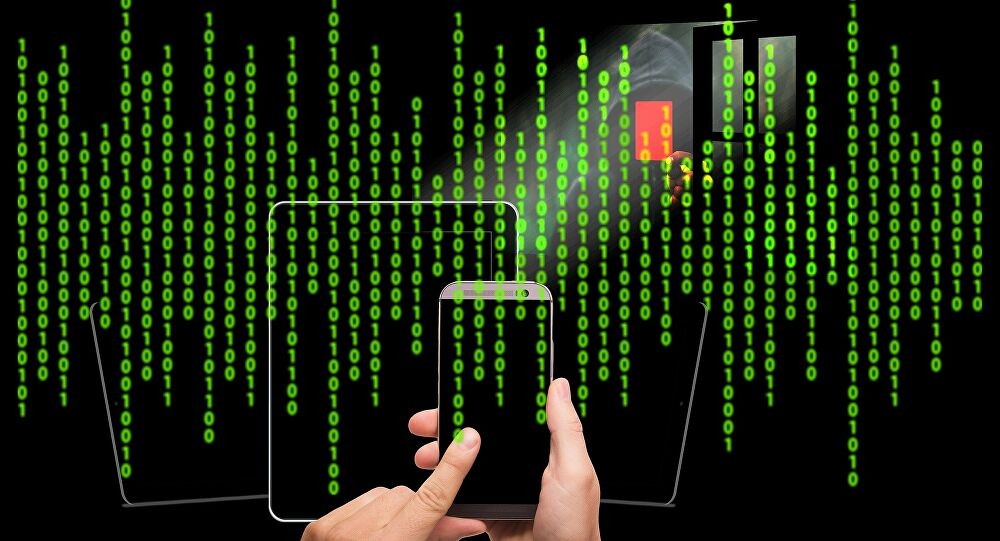The digital age has revolutionized the practice of diplomacy, transforming traditional methods of international relations and negotiation. With the rise of digital communication technologies, diplomatic strategies have evolved to incorporate new tools and approaches that enhance engagement, transparency, and efficiency. This article examines how diplomatic strategies have adapted in the digital era, exploring the impact of technology on diplomacy and the emerging trends shaping international relations.
The Digital Transformation of Diplomacy
1. Digital Diplomacy
Online Engagement:
Digital diplomacy, or “e-diplomacy,” refers to the use of digital tools and platforms to conduct diplomatic activities. Social media, blogs, and websites allow diplomats to engage directly with global audiences, share information, and shape public opinion.
Real-Time Communication:
Advancements in communication technology enable real-time interactions between diplomats and their counterparts worldwide. This immediacy enhances the speed and responsiveness of diplomatic efforts, allowing for swift reactions to international developments.
Public Diplomacy:
Public diplomacy leverages digital platforms to build relationships with foreign publics and promote a country’s image and policies. This approach includes digital campaigns, interactive content, and virtual events that engage audiences beyond traditional diplomatic circles.
2. Cyber Diplomacy

Cybersecurity and Norms:
As cyber threats and cyber warfare become prominent concerns, nations are increasingly focusing on cyber diplomacy. This involves negotiating international norms and agreements related to cybersecurity, cybercrime, and the protection of digital infrastructure.
International Cooperation:
Cyber diplomacy facilitates cooperation between nations to address global cyber challenges. Collaborative efforts include sharing information on cyber threats, developing joint responses, and establishing frameworks for international cyber governance.
Policy Development:
Governments and international organizations are working to develop policies and regulations that address the complexities of the digital landscape. This includes creating guidelines for state behavior in cyberspace and promoting responsible use of technology.
The Impact of Social Media on Diplomacy
1. Influence on Public Opinion
Direct Communication:
Social media platforms allow diplomats to communicate directly with the public, bypassing traditional media filters. This direct engagement helps shape public opinion, influence perceptions, and garner support for diplomatic initiatives.
Crisis Management:
During crises, social media can be a valuable tool for disseminating information quickly and managing narratives. Diplomats can use these platforms to provide updates, address misinformation, and coordinate responses to evolving situations.
Public Relations:
Social media enhances public relations efforts by providing a platform for real-time interaction with audiences. Diplomats and government officials use social media to promote policies, engage with citizens, and build a positive national image.
2. Challenges and Risks
Misinformation and Disinformation:
The spread of misinformation and disinformation on social media poses significant challenges for diplomacy. Diplomatic efforts must address and counteract false narratives, which can undermine trust and exacerbate conflicts.
Security Concerns:
The use of social media introduces security risks, including the potential for cyberattacks, data breaches, and privacy concerns. Diplomats must navigate these risks while leveraging social media for effective communication.
Diplomatic Protocols:
The informal nature of social media can blur traditional diplomatic protocols and etiquette. Ensuring that digital communications adhere to diplomatic norms and standards is essential for maintaining professionalism and credibility.
The Role of Technology in Diplomacy
1. Virtual Diplomacy
Virtual Meetings and Summits:
Technology enables virtual meetings and summits, allowing diplomats to collaborate and negotiate without the constraints of physical travel. This flexibility facilitates more frequent interactions and reduces the costs associated with traditional diplomacy.
Digital Platforms:
Digital platforms and conferencing tools support diplomatic activities by providing secure channels for discussions, negotiations, and information sharing. These tools enhance accessibility and efficiency in diplomatic engagements.
Innovation and Adaptation:
The integration of emerging technologies, such as artificial intelligence and blockchain, is transforming diplomatic practices. AI-driven data analysis and blockchain for secure transactions offer new opportunities for innovation in diplomacy.
2. Data Analytics and Intelligence
Strategic Insights:
Data analytics provides diplomats with valuable insights into global trends, public sentiment, and geopolitical developments. Analyzing data helps inform decision-making and strategy formulation in international relations.
Predictive Modeling:
Predictive modeling uses data to forecast potential scenarios and outcomes. This technology supports strategic planning and risk assessment, enhancing the effectiveness of diplomatic strategies.
Information Management:
Efficient information management systems help diplomats organize, analyze, and utilize vast amounts of data. This capability improves decision-making and enhances the ability to respond to dynamic international challenges.
Emerging Trends in Digital Diplomacy
1. Increased Transparency
Open Data Initiatives:
Transparency in diplomatic processes is promoted through open data initiatives and public access to information. Digital tools facilitate greater openness and accountability in international relations.
Citizen Engagement:
Engaging citizens in diplomatic processes through digital platforms fosters greater public involvement and awareness. Initiatives that encourage citizen feedback and participation contribute to more inclusive diplomacy.
2. Enhanced Collaboration
Multilateral Platforms:
Digital technologies support multilateral collaboration by providing platforms for international organizations and governments to work together on global issues. Virtual forums and collaborative tools enhance coordination and joint efforts.
Non-State Actors:
The digital era allows non-state actors, including NGOs and international institutions, to play a more prominent role in diplomacy. These actors contribute to global discussions, advocacy, and policy development.
Conclusion
The evolution of diplomatic strategies in the digital age reflects the profound impact of technology on international relations. Digital diplomacy, cyber diplomacy, and social media have transformed how diplomats engage with global audiences, address challenges, and shape international outcomes. As technology continues to advance, diplomatic practices will likely evolve further, emphasizing the need for adaptability and innovation in navigating the complexities of the digital era.

